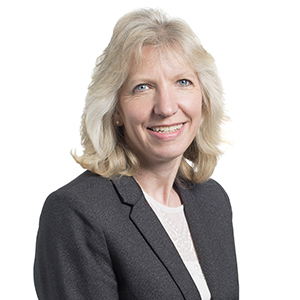
Barclays Bank plc v Various Claimants [2020] UKSC 13
In a second judgment on vicarious liability handed down on 1 April, the Supreme Court held that a bank was not vicariously liable for the acts of a self-employed doctor who carried out medical examinations on its behalf.
Background
In recent years, the scope of vicarious liability has been expanded through case law. In employment law, "vicarious liability" is an employer's liability for the acts of its employees. An employer is vicariously liable for the wrongful acts of its employees if they are carried out "in the course of employment". In recent cases, the law has been broadened to cover individuals who were not employed by the organisation that was being sued. Examples include labour-only sub-contractors (who were not employed by the contractor), priests (who were not employed by the bishop or diocese), a prisoner (who worked in the prison kitchen but was not employed by the Prison Service) and foster parents (who were not employed by the county council).
Facts
Barclays Bank plc required job applicants to pass a pre-employment medical examination. Dr Bates was a self-employed medical practitioner with a portfolio practice, whose work included carrying out medical assessments and examinations of prospective Barclays employees. Dr Bates carried out the medical examinations in a consulting room at his home, without a chaperone being present. After Dr Bates' death, 126 claimants brought a claim alleging that Dr Bates had sexually assaulted them while examining them and sought damages from Barclays. The High Court and Court of Appeal held that Barclays was vicariously liable for any assaults carried out by the doctor. Barclays appealed to the Supreme Court.
Decision
The Supreme Court allowed Barclays' appeal and held that it was not vicariously liable for Dr Bates' alleged wrongdoing. Dr Bates was an independent contractor who was in business on his own account with a portfolio of patients and clients; he was neither an employee of Barclays nor anything close to an employee. This meant that Barclays was not vicariously liable for his actions.
What this decision means
This decision (together with the Supreme Court's decision in the Morrisons case, also handed down on 1 April), marks a change in direction in the law on vicarious liability, which had been expanding in the last few years. Lady Hale, in giving the leading judgment, noted that Dr Bates was not much different from a window cleaner or auditor providing a service to Barclays, and employers will no doubt be relieved that their potential liability does not extend to independent contractors.
This article is for general information only and reflects the position at the date of publication. It does not constitute legal advice.





